
views
Preparing for the Audition

Make sure you know the audition requirements. In most cases, you'll receive a piece of paper explaining the requirements for each instrument, including prepared exercises, scales, and sight-reading.
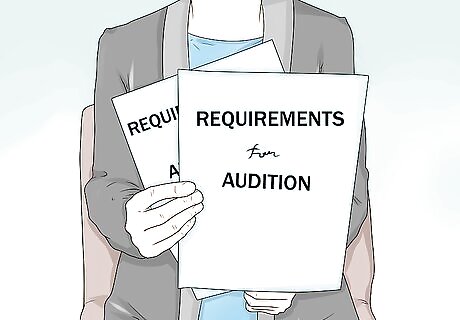
Be sure to have a copy (or two) of the prepared piece(s). Your director may give you one, but if your music is found in a file on the internet or a method book, make sure to get hold of it as soon as possible.

If the prepared piece is a bit over your head, by all means, ask for help! A friend, older band member, band director, or other musical acquaintance will likely be willing to help you out.
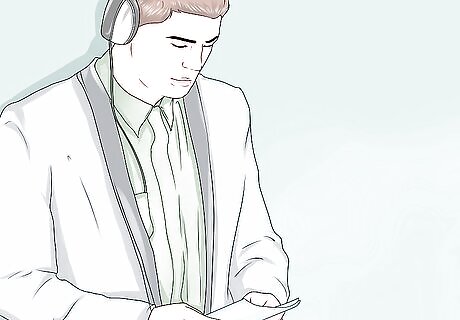
Memorize (as this will likely be required) all the required scales as many octaves as possible. This includes the chromatic scale, which will likely be a requirement as well. In many auditions, points are given for octaves - three octaves, for instance, will obviously be worth more than two (however, you may only get all of the points if you do well on every octave). You need all the points you can get, so if you can play a second or third octave, do so. However, keep in mind that you will most likely have a time limit to play the scales, so don't add too many extra octaves, and it's better to play "easy" octaves well than to try to max yourself out and play sloppily (which means you'll lose more points than you might have gained for the extra octaves).
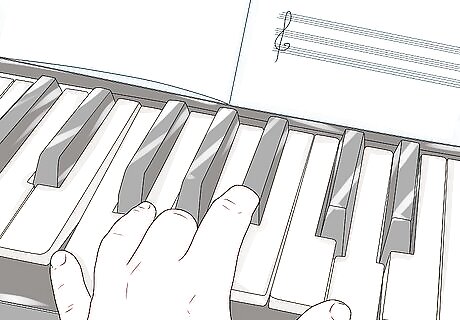
Practice sight-reading. You can't practice the sight-reading piece ahead of time, obviously, but if sight-reading is difficult for you, practice will help keep you from being caught off guard.
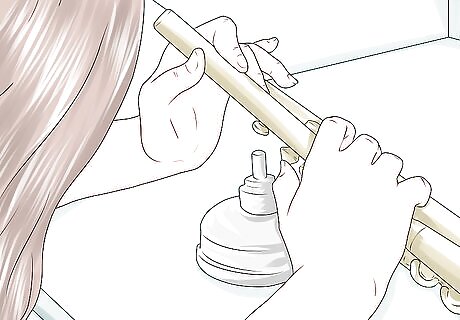
Take your instrument to the repair shop for a COA (Cleaning, Oiling, Adjusting), and have any known problems fixed. You want to have your instrument sounding its best.
Before the Audition
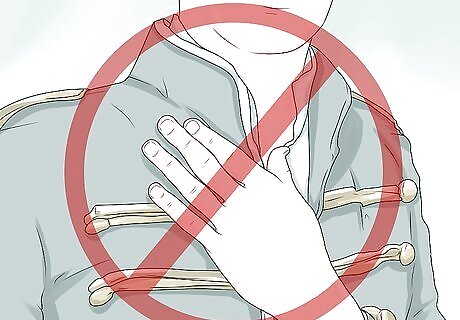
Do not wear your band uniform. You don't want anyone to know what school you go to because judges or people might be biased and favor you or disfavor you. Try to make yourself anonymous as possible, so the judge only remembers your number. If the judge is someone you know, pretend you don't know them because if you do actually make the band, then you don't want anyone to think that the judge favored you.
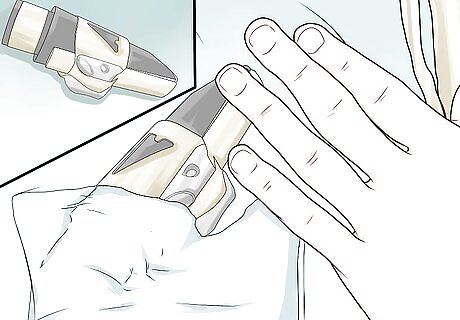
Get your stuff together and have extras of everything on hand. You might want extra reeds (in a reed holder that you can put in your pocket) if you play a woodwind instrument, whatever else you might need, and a couple spare copies of the prepared piece, if it makes you feel better to have them on hand.
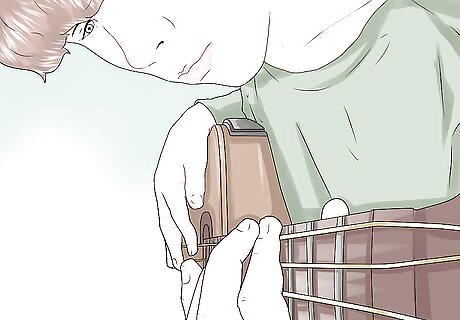
Check your instrument to make sure it's in good working order (though you should have had it professionally looked at already). With all the practicing you've been doing, you probably would've noticed any problems weeks ago, but a last check is a good idea. Grease your corks, oil your valves, or anything else, if needed.
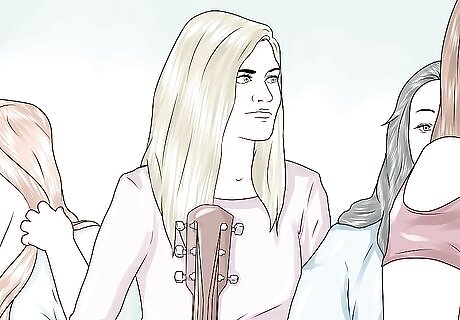
Show up at the audition site at least half an hour early. Doing this makes sure that you'll have plenty of time to warm up, and you'll be there if the auditions are running ahead of schedule. Get your information, find your room ahead of time, and find the warm up room to run through your audition a few more times.

Once you've warmed up, get to your room at least 15 minutes early. This way, you'll know where you're supposed to be, and you'll be there if things are running ahead of schedule. Just sit back and relax until it's your turn.

Stay calm. You're going to be fine... it's just an audition. Deep breathe, count backwards from 100, or whatever works for you.
During the Audition
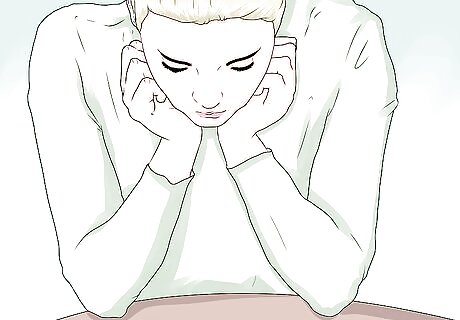
Don't let the environment get to you. Chances are, you'll be in a classroom or other small room that you've never been in before, with at least one emotionless person staring at you, possibly surrounded by microphones. Try to mentally prepare yourself for this beforehand, and just pretend you're in your band room or bedroom playing for your director or your parents.
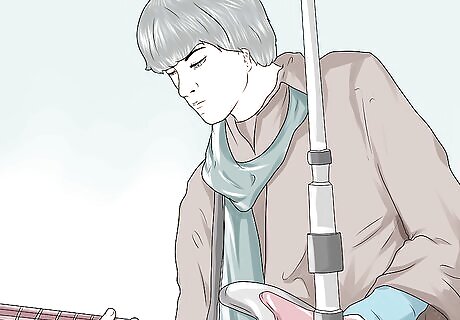
If given the opportunity to test out the room, do so. Most proctors will let you play a few notes to get a feel for the room - simply play your tuning notes, a couple arpeggios, or a short scale. This will also give you a chance to get your bearings and relax.

Listen to the proctor. He or she will tell you what to play first - just ignore the robot speech. Often, they'll say something along the lines of "Please play your technical exercise, Rubank Advanced Method, volume two, page 6, exercise 12... please play your technical exercise". In most areas, the people scoring or recording your audition aren't allowed to show any emotion towards you, either positive or negative, during the entire time you are with them. Any positive response might give you false hope or overconfidence, and a negative response would hurt your confidence and cause you to do even more poorly.

Play your sight reading material. When you get to the sight-reading (which is usually last), you'll have anywhere from 20 seconds to several minutes to study the piece, depending on how hard it is. Use this time wisely: Finger through it, count it, "pie game" it, or whatever else you have to do. Do this twice if time permits, and then take a deep breath and start playing when given the cue.
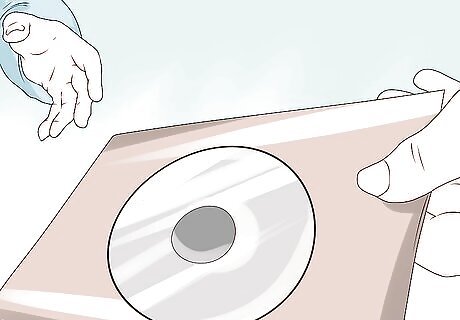
Return borrowed items. Once you've completed your audition, give any music you may have been given back, and leave the room, unless it was a recorded audition, in which case you may have to sit for a few more minutes to let them check the CD.
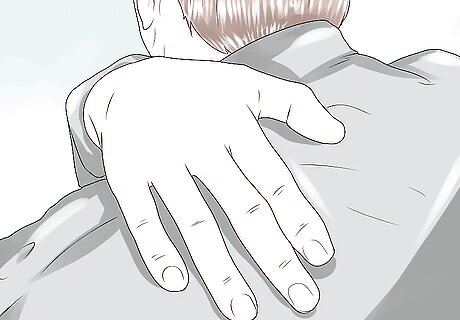
Pat yourself on the back... it's over!




















Comments
0 comment